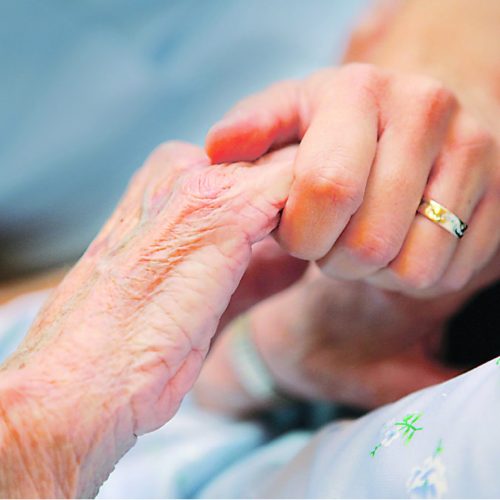There’s something truly special about the comfort and familiarity of home. It’s where memories are made and cherished, where every corner holds a story. But as life evolves, sometimes our beloved home needs a little help to keep up with our changing needs.
The good news? There are countless ways to make your home more accommodating. From easing access to improving mobility, even the smallest adjustments can make a world of difference. Here are just a few simple adaptations to consider:
- Ramps and Handrails: Installing a ramp or handrail by your front door can make entering and exiting your home a breeze.
- Chair Enhancements: Chair risers or powered raise/recline chairs can provide the support needed to make standing up more comfortable.
- Bathroom Solutions: Consider walk-in showers, baths, or a battery-powered hoist to make bathing safer and more accessible.
- Convenience Tech: Video entry phones allow you to screen visitors without leaving your seat, adding an extra layer of security and convenience.
- Everyday Aids: Simple items like kettle tippers or wide-handled cutlery can streamline daily tasks, making them easier and more enjoyable.
But what if your needs are more complex? There are also larger-scale adaptations that can truly transform your living space:
- Widening Doorways: Enhancing accessibility by widening door frames.
- Lift Installations: Installing a stair lift or through-floor wheelchair lift to navigate multiple levels with ease.
- Layout Adjustments: Reconfiguring your home so that essential living spaces are all on one floor.
Financial assistance for these modifications may be available through various channels. Local councils often provide support for minor adaptations, the first step is to get a care needs assessment from your local council office. Once you have this, any minor adaptations needed to meet your care needs up to a value of £1000 will usually be fitted free of charge.
Visit Age UK for detailed information and helpful advice on applying for a care needs assessment.
More substantial changes may qualify for a Disabilities Facilities Grant. These are means tested, so you may still have to contribute to the cost.
At Altogether Care, we understand the importance of maintaining independence and comfort in your own home. That’s why our services go beyond traditional care, our goal is to empower you to live your best life, with the freedom and dignity you deserve.
Combining these home adaptations with our Care at Home or Live-In Care services can be invaluable. It’s about more than just physical changes; it’s about enabling you to continue living independently and on your terms, surrounded by the warmth and familiarity of home.
If maintaining your independence and staying in your own home are priorities for your future, contact us today. Our tailored packages of Care at Home or Live-In Care services are designed to enhance your quality of life and ensure you receive the support you need. Let Altogether Care help you live comfortably and independently in the place you love. Get in touch to explore how we can make a meaningful difference in your life.








 Keeping warm in the winter months is vital for your physical health and mental wellbeing. This can seem harder to do when energy bills are at an all-time high. But there are ways to stay warm and comfortable without cranking up the central heating.
Keeping warm in the winter months is vital for your physical health and mental wellbeing. This can seem harder to do when energy bills are at an all-time high. But there are ways to stay warm and comfortable without cranking up the central heating. 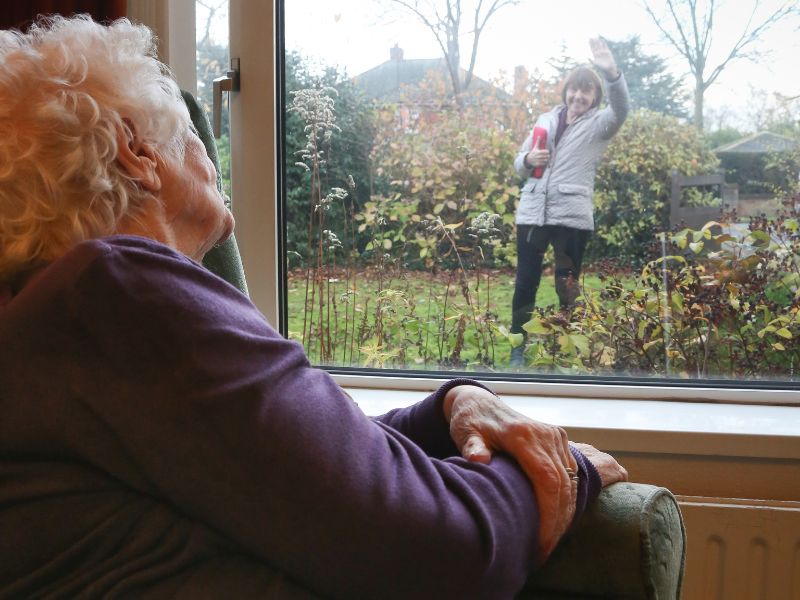
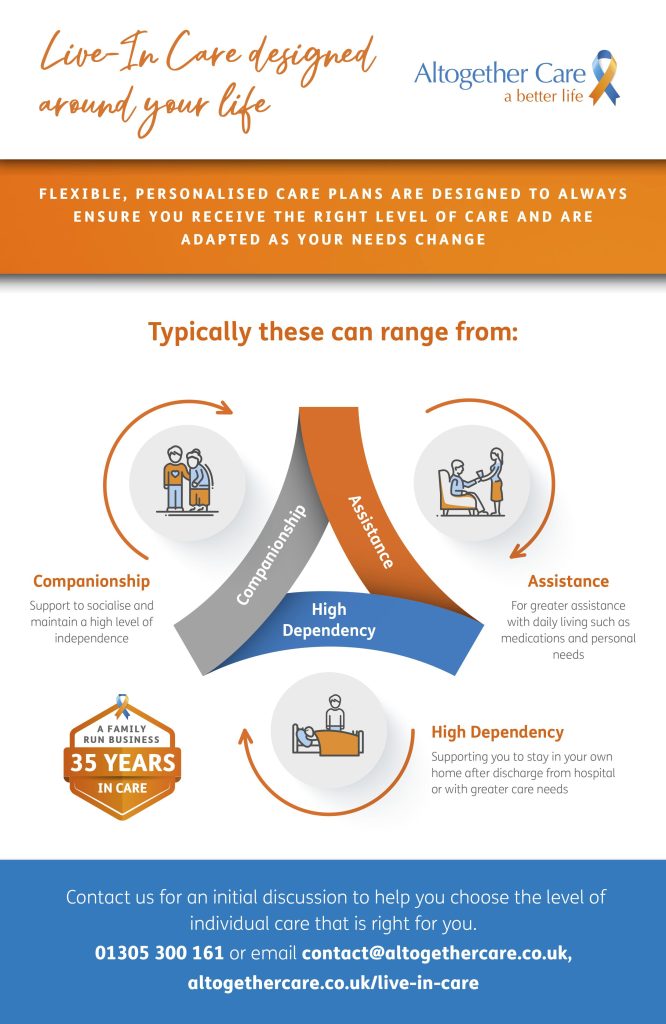
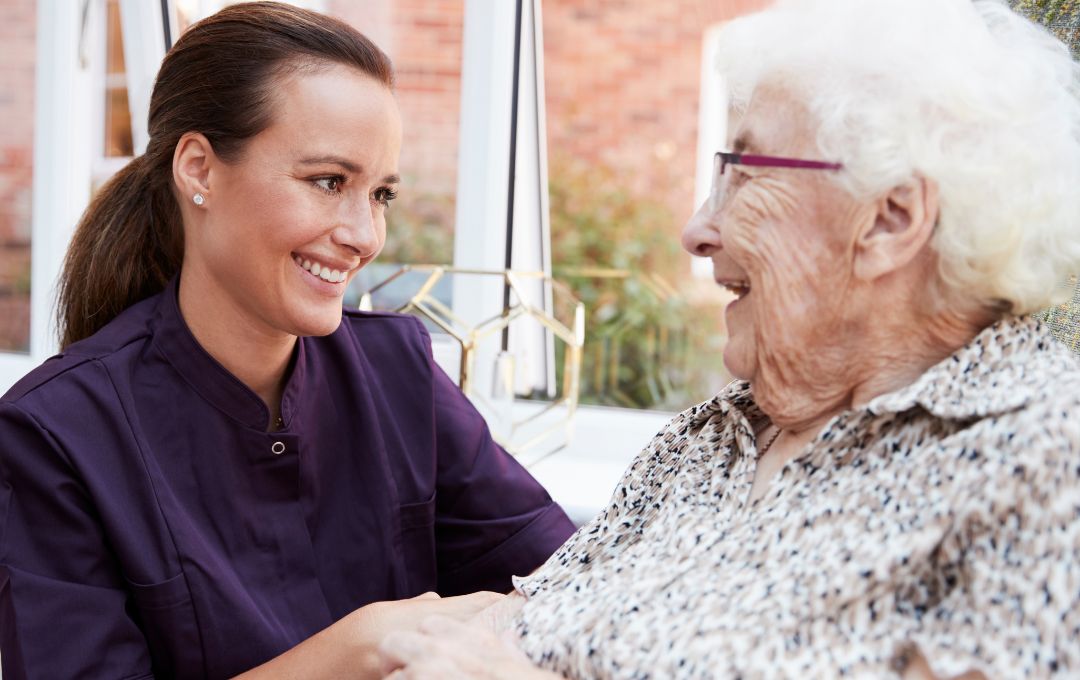
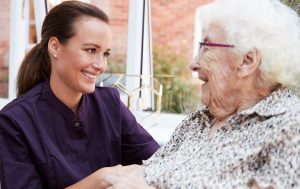 For many people, live-in care offers the best of everything. There are so many benefits of people remaining in their own home, where they are surrounded by a familiar environment, their own possessions and staying in a community where they feel they belong. Choosing Live-in care ensures there’s somebody on hand for companionship and to help out with those tasks they find challenging.
For many people, live-in care offers the best of everything. There are so many benefits of people remaining in their own home, where they are surrounded by a familiar environment, their own possessions and staying in a community where they feel they belong. Choosing Live-in care ensures there’s somebody on hand for companionship and to help out with those tasks they find challenging.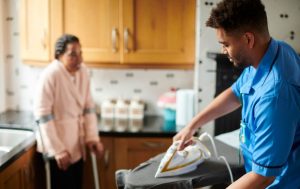
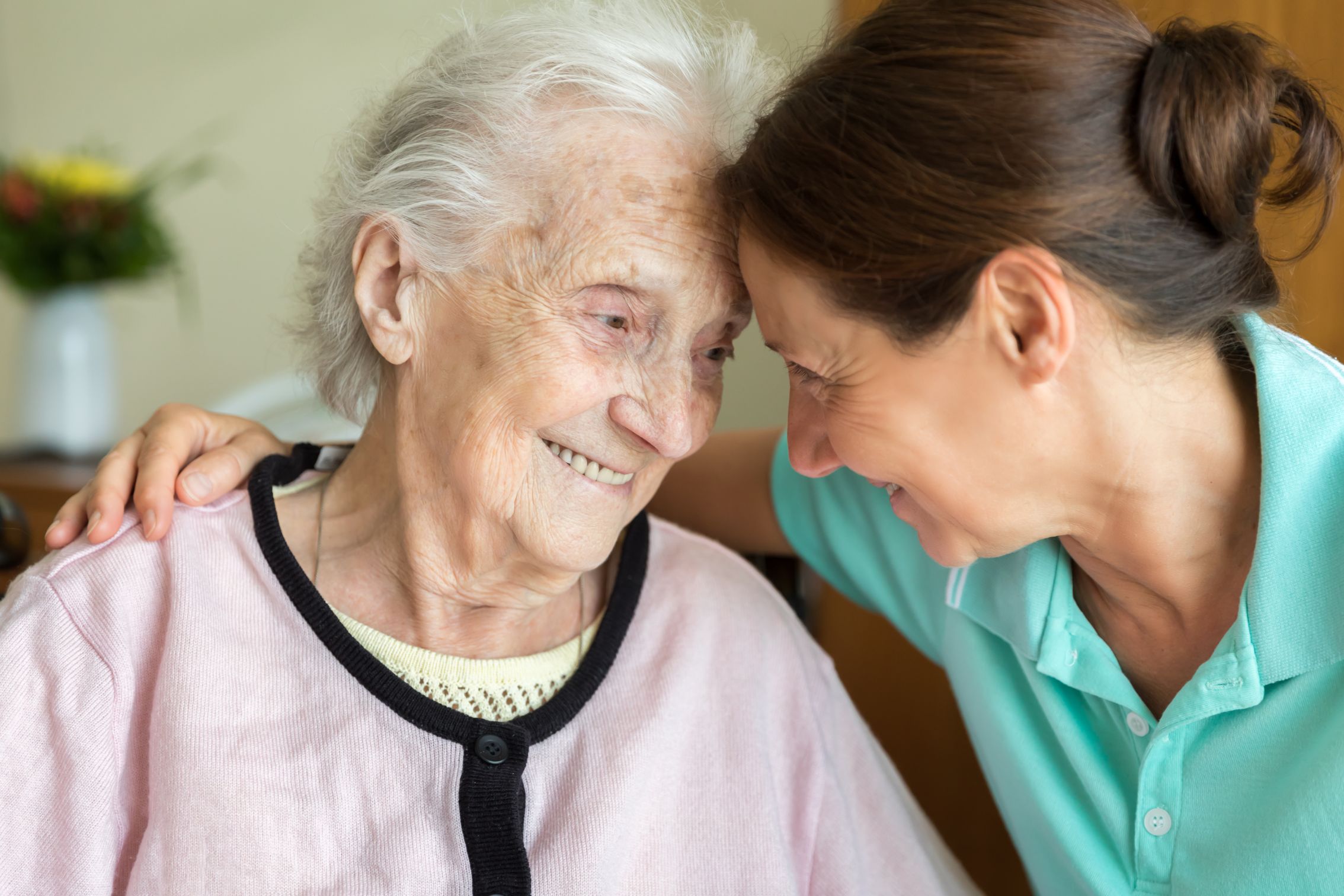
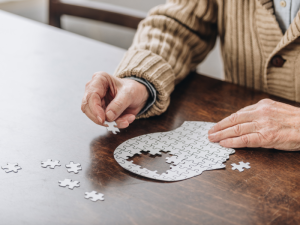 Dementia is increasingly something more people are having to learn how to live with, affecting individuals and caregivers alike. The theme of Alzheimer’s Month 2023 attempts to underline the notion that dementia doesn’t necessarily have to be an inevitable consequence of ageing.
Dementia is increasingly something more people are having to learn how to live with, affecting individuals and caregivers alike. The theme of Alzheimer’s Month 2023 attempts to underline the notion that dementia doesn’t necessarily have to be an inevitable consequence of ageing. An active social life, physical exercise and a good diet are the building blocks of good mental and physical well-being. Altogether Care puts a lot of emphasis on these factors in all of our care homes, and not just for people receiving specialist dementia care.
An active social life, physical exercise and a good diet are the building blocks of good mental and physical well-being. Altogether Care puts a lot of emphasis on these factors in all of our care homes, and not just for people receiving specialist dementia care.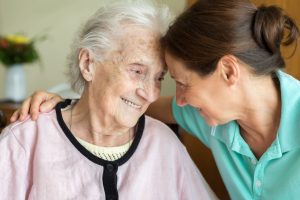
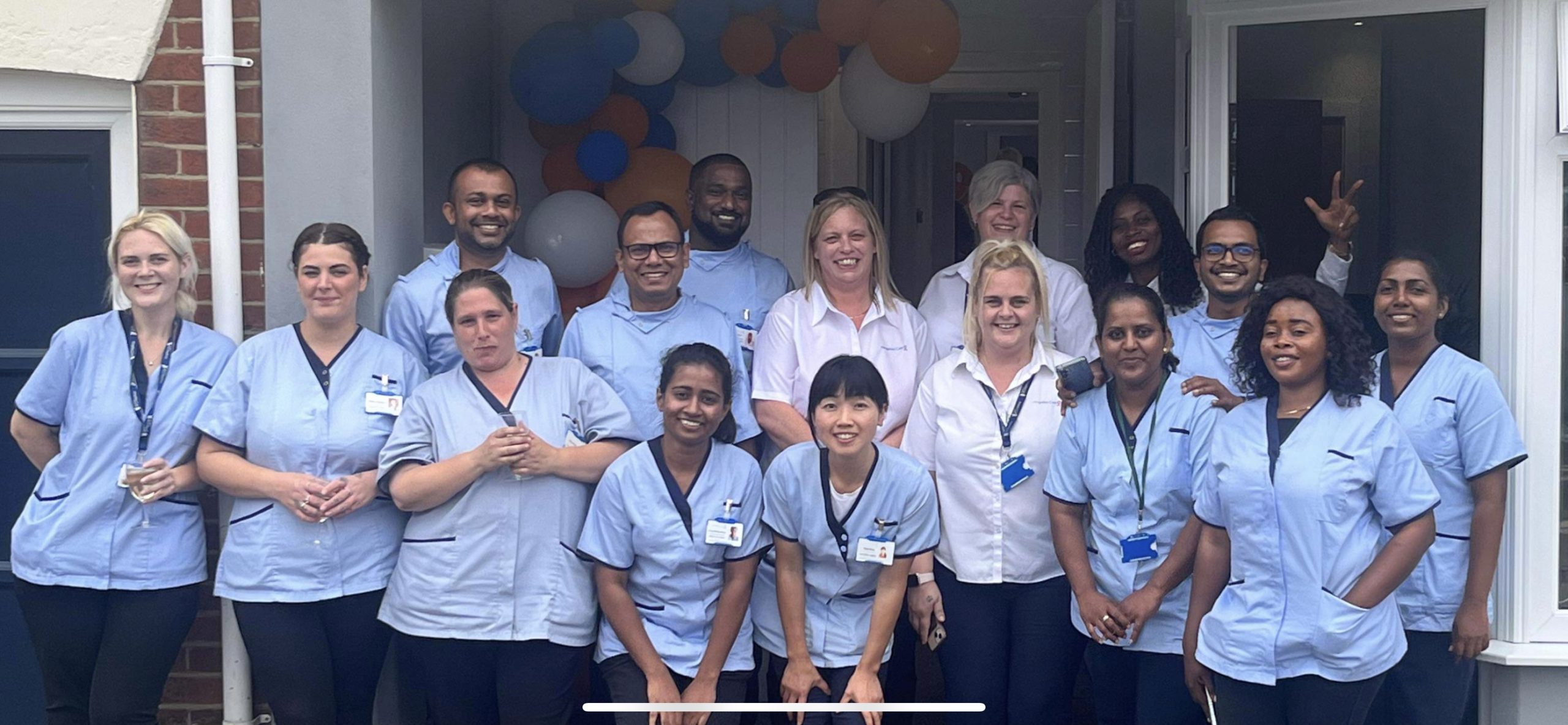
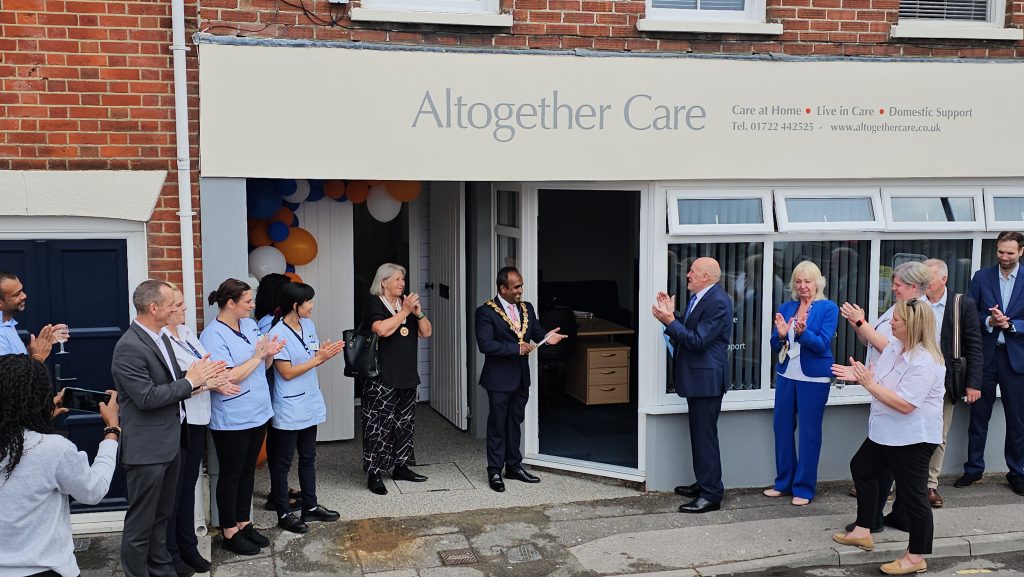
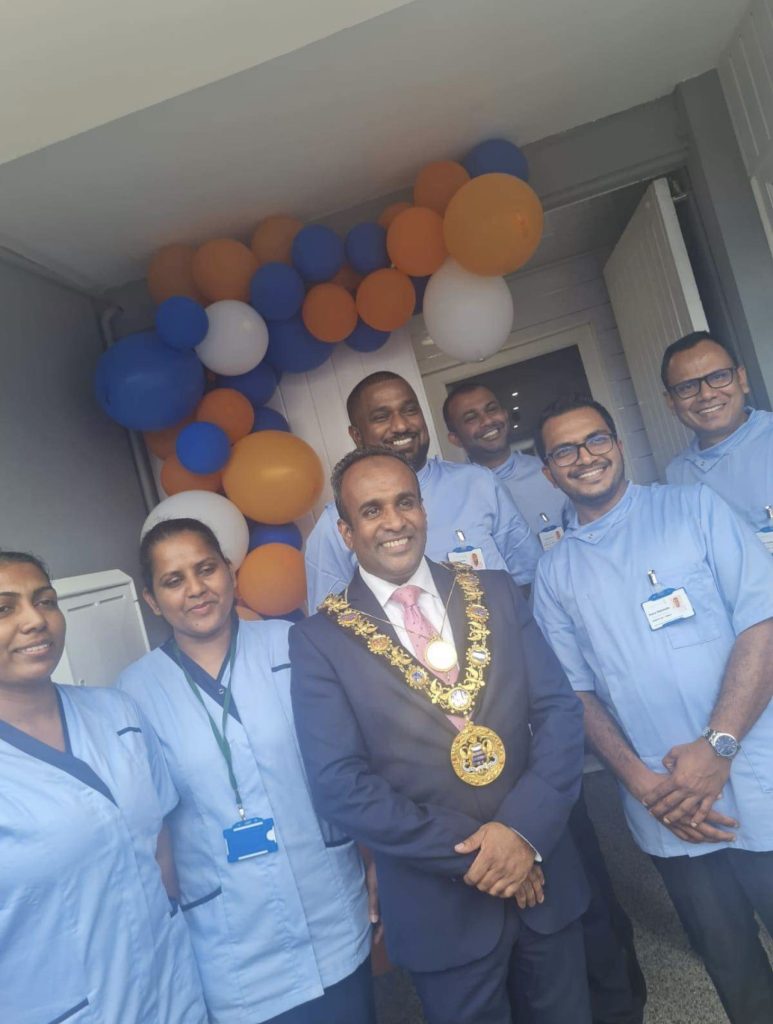
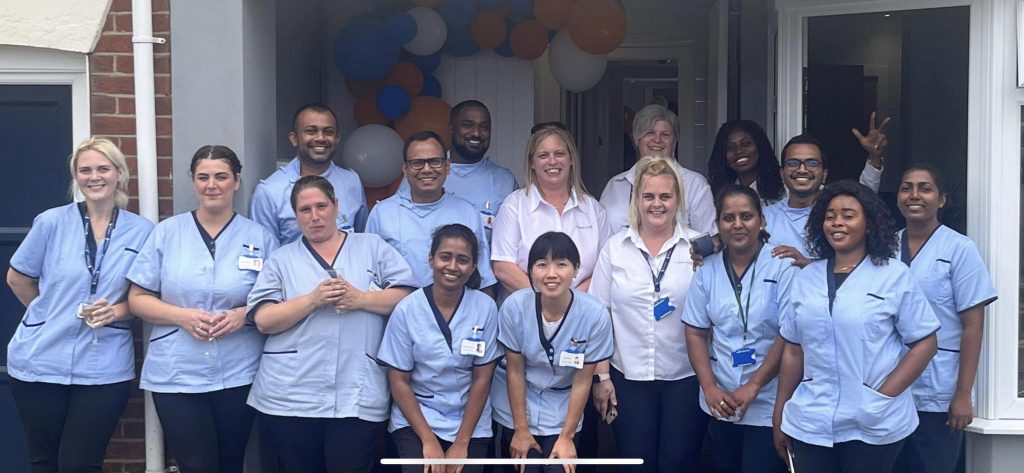

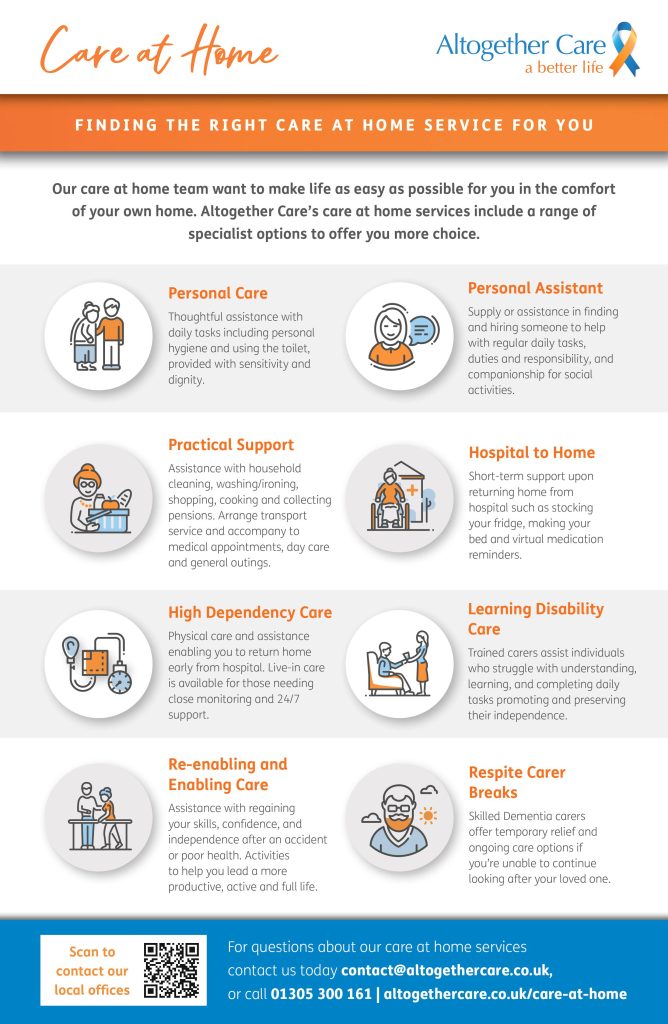
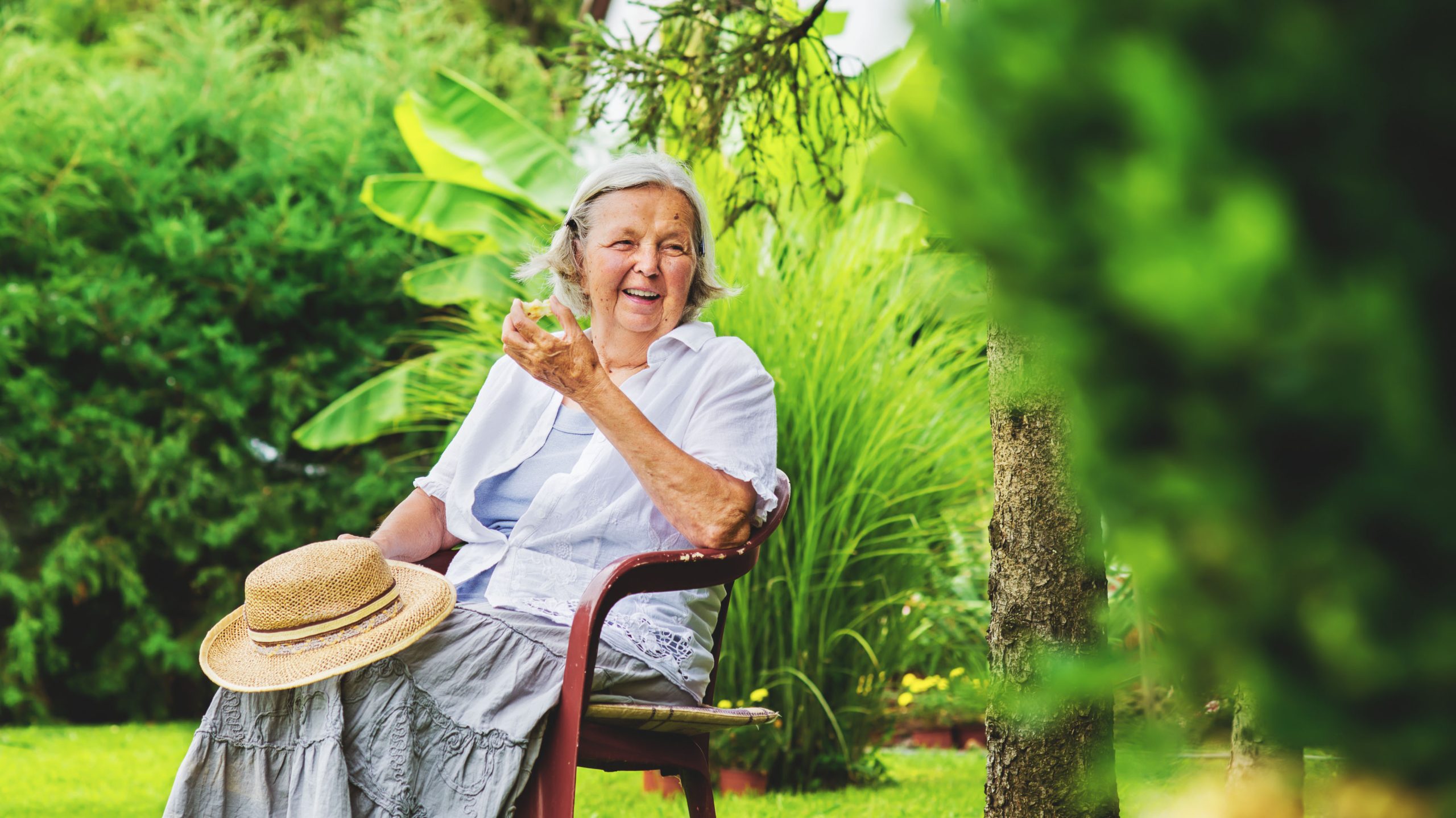
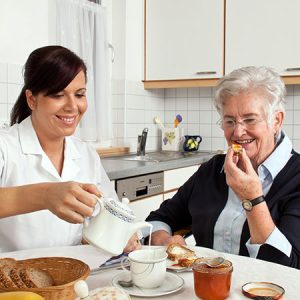 Respite care
Respite care 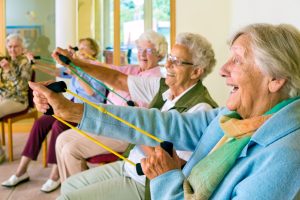
 In some cases you might get financial help from the council towards the cost of respite care. This depends on the care needs assessment and means testing.
In some cases you might get financial help from the council towards the cost of respite care. This depends on the care needs assessment and means testing.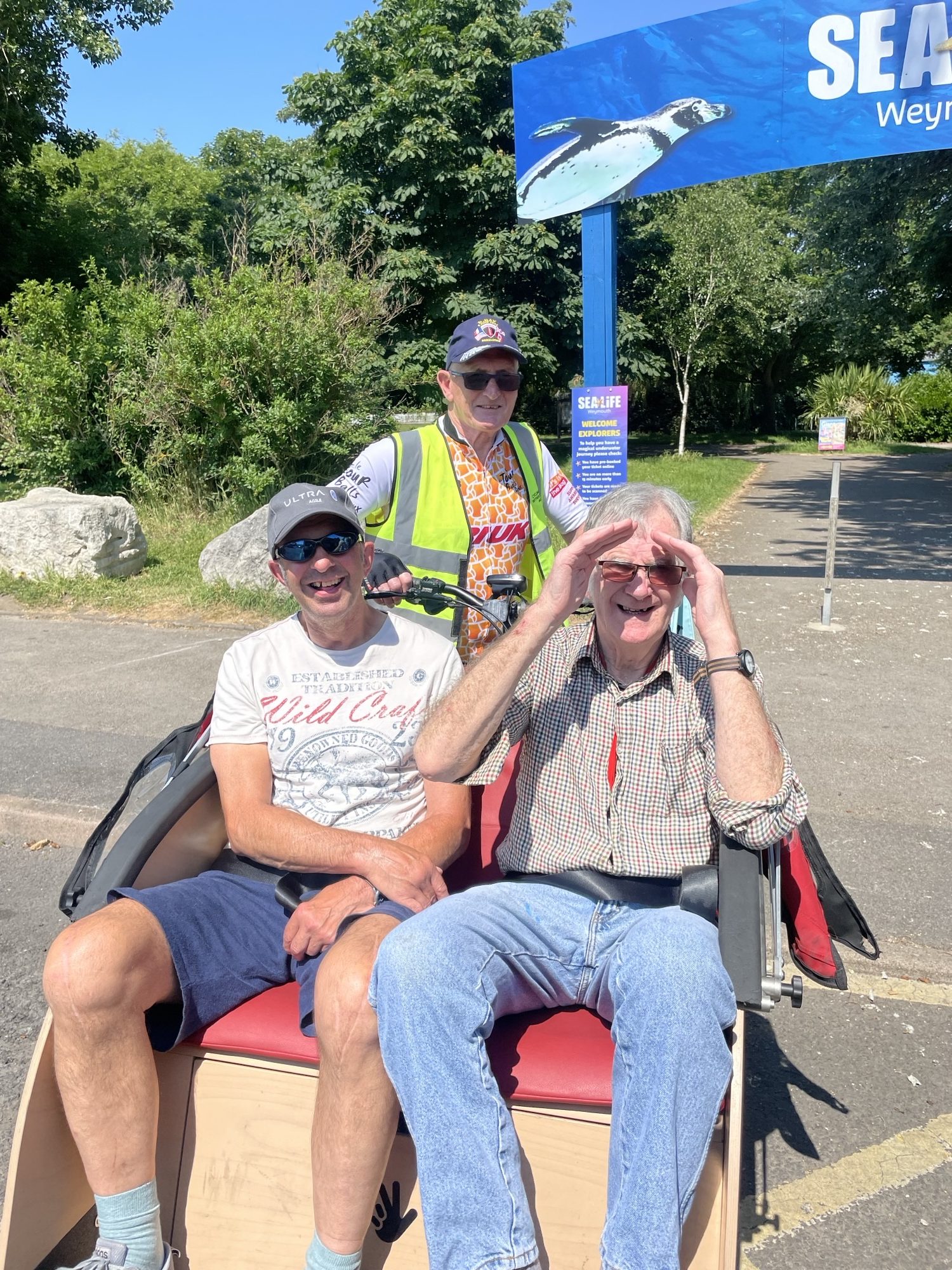
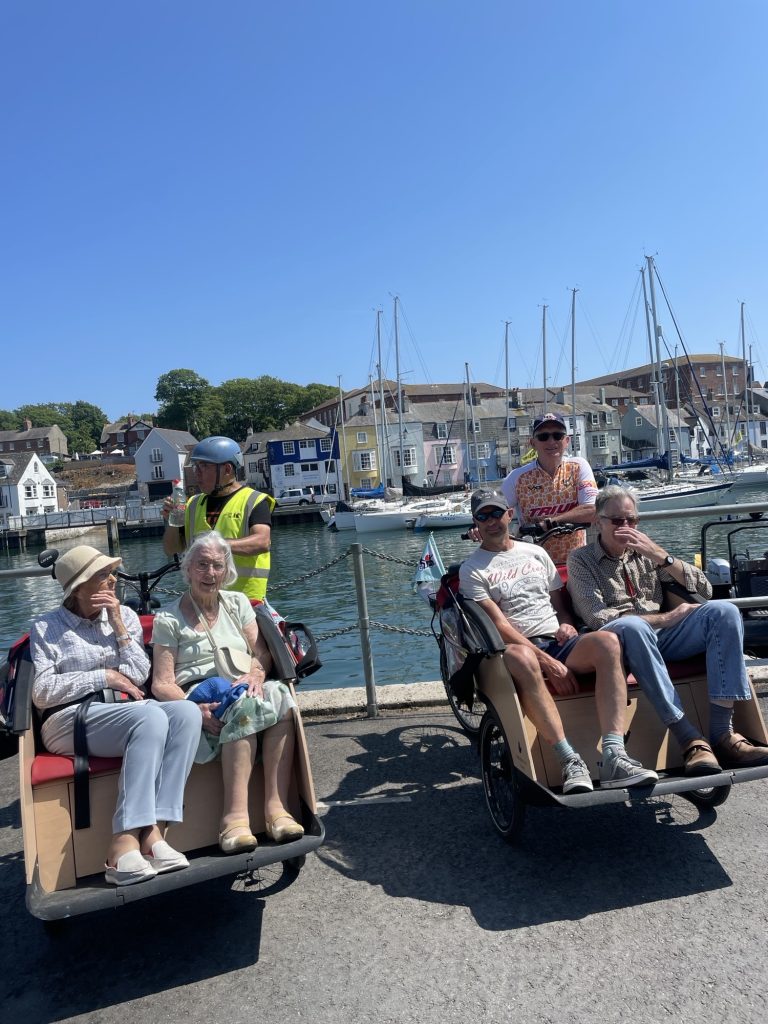
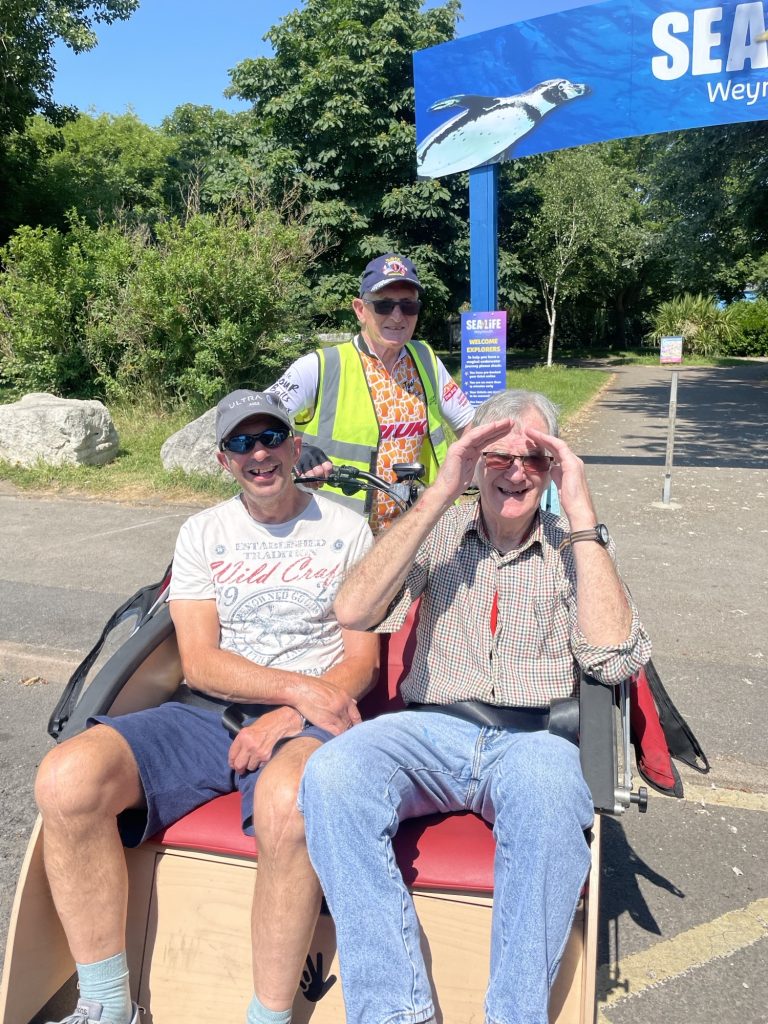
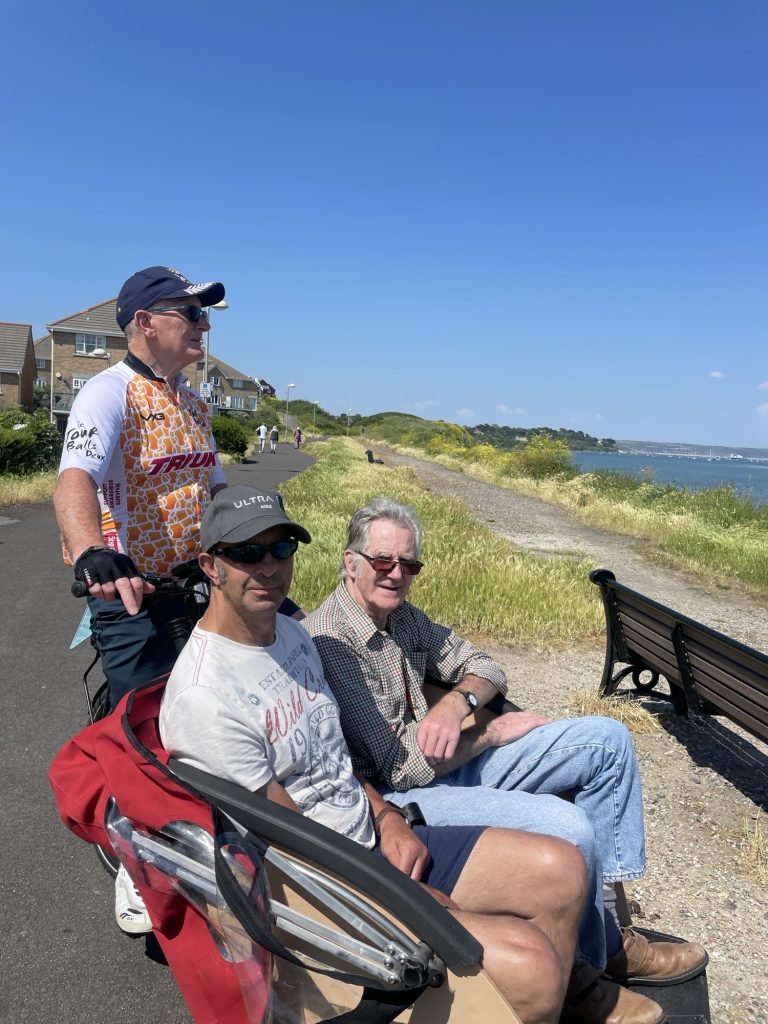
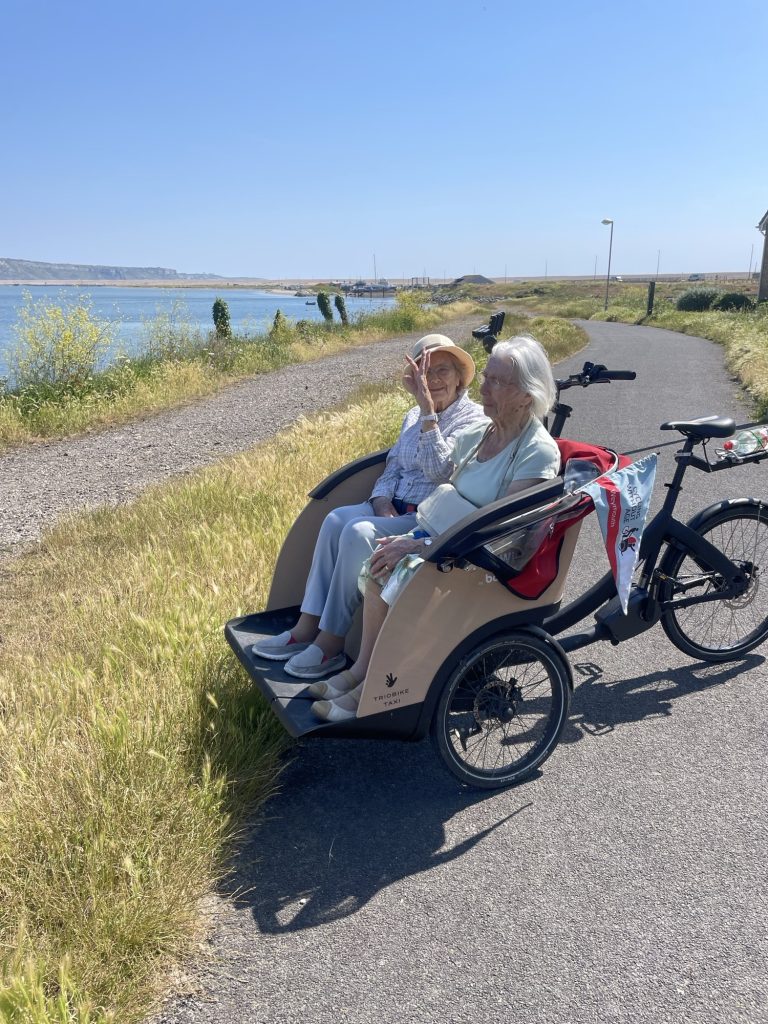
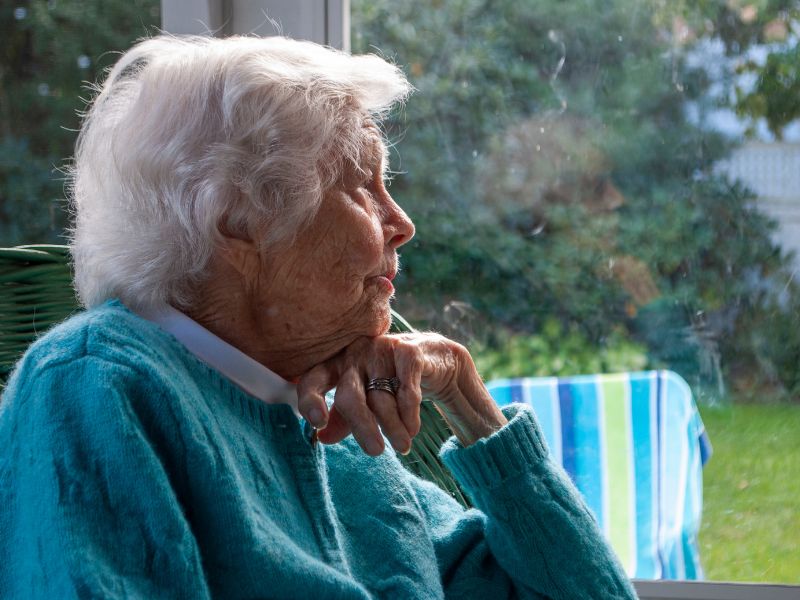
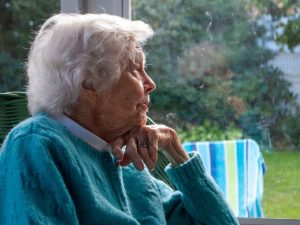 Loneliness is definitely something that many people experience in later life. Perhaps a partner has passed away and other family members live too far away to visit often. Reduced mobility can also make it harder to get out and meet people and socialise.
Loneliness is definitely something that many people experience in later life. Perhaps a partner has passed away and other family members live too far away to visit often. Reduced mobility can also make it harder to get out and meet people and socialise. The Marmalade Trust defines loneliness as a mismatch between the level of social contact we have and the level we’d like to have. There’s a strong personal element as some people need company more than others.
The Marmalade Trust defines loneliness as a mismatch between the level of social contact we have and the level we’d like to have. There’s a strong personal element as some people need company more than others.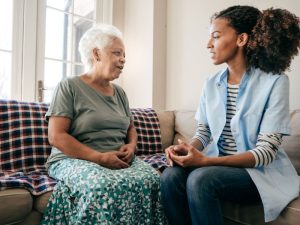
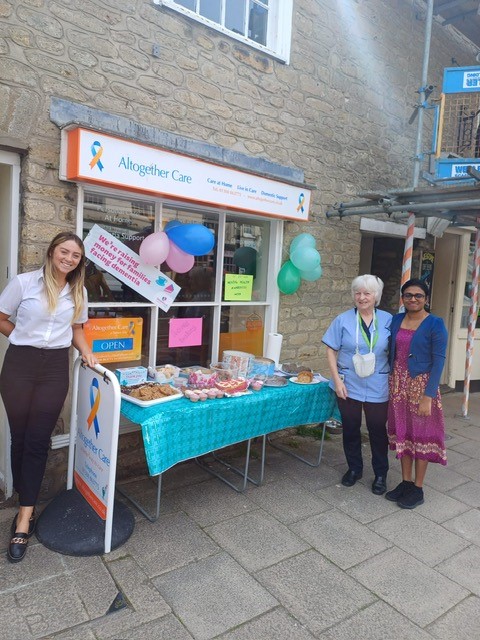
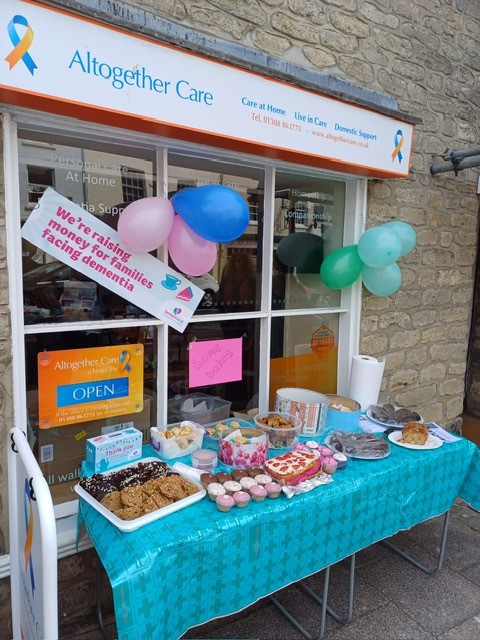



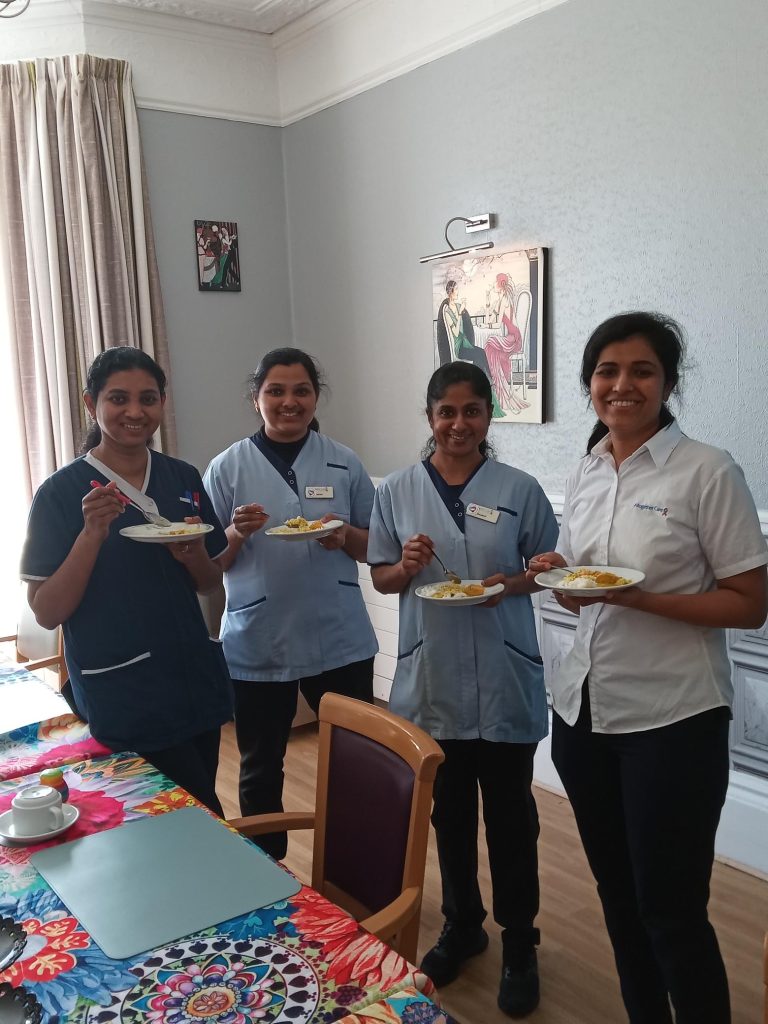
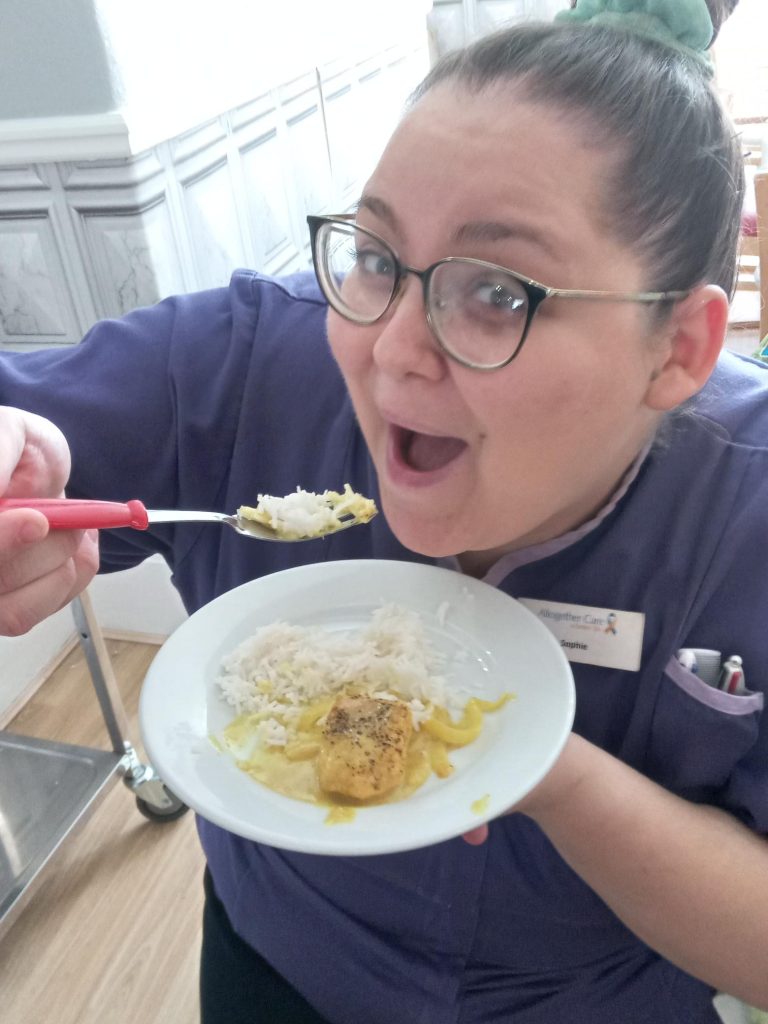

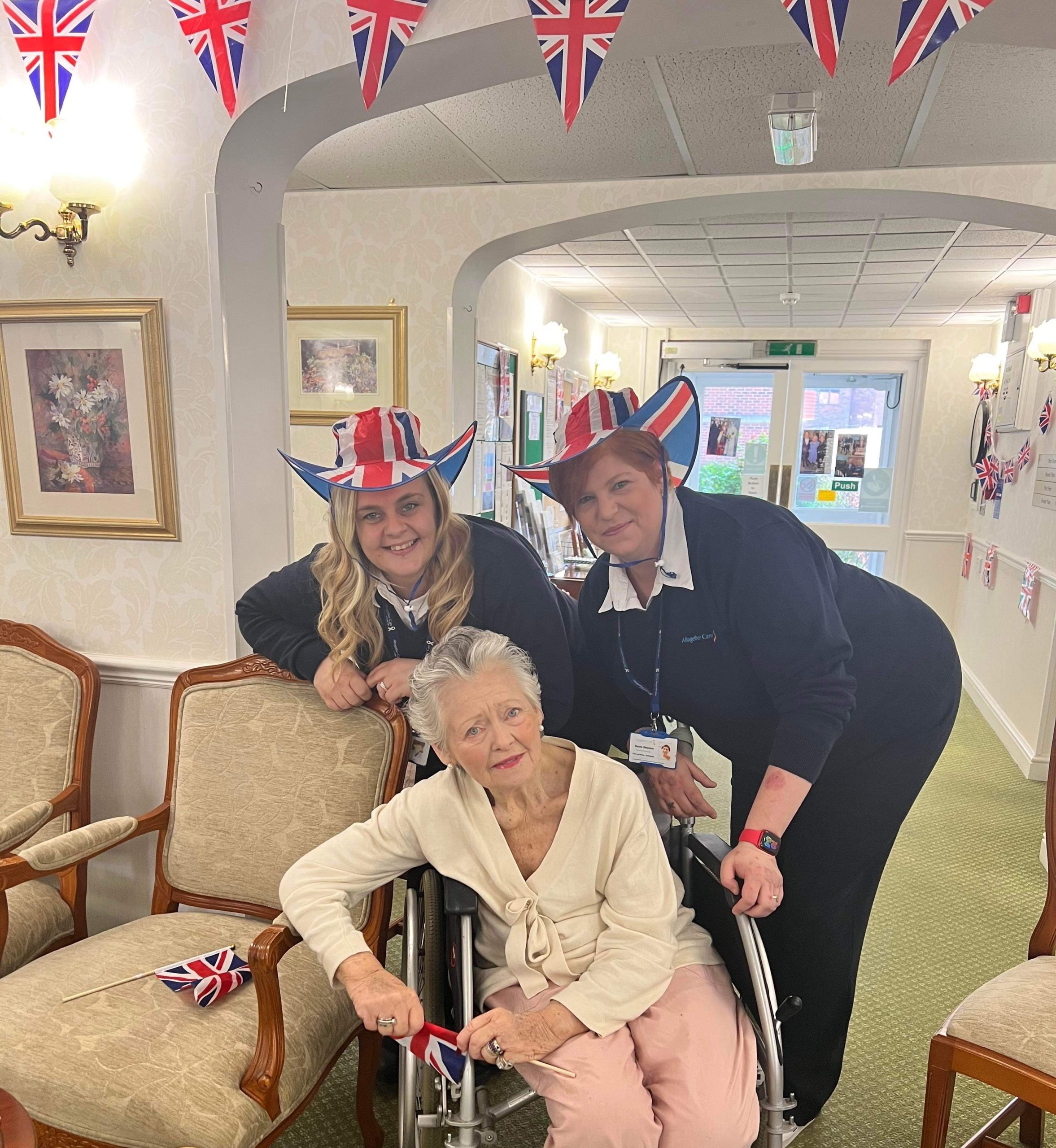
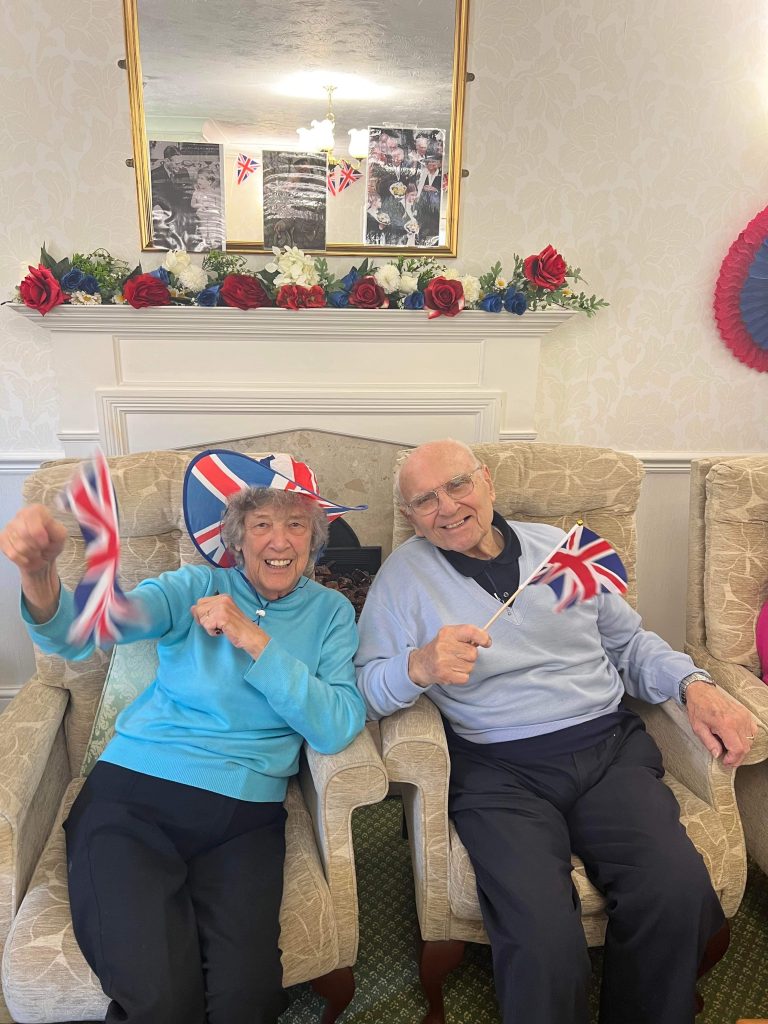
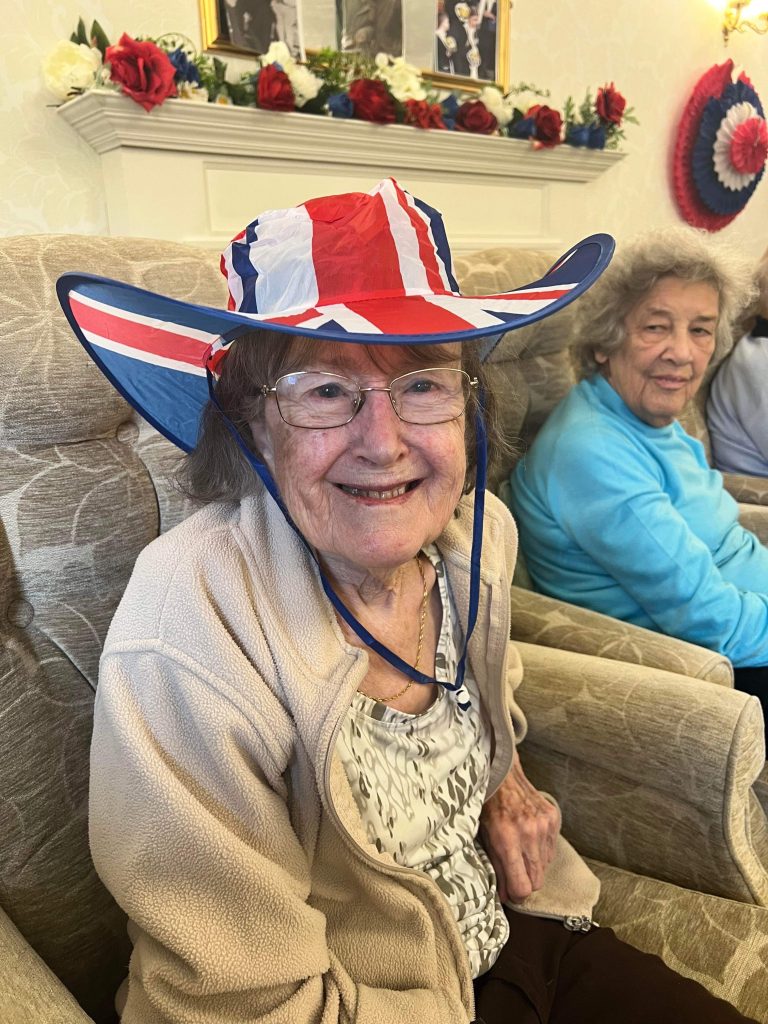
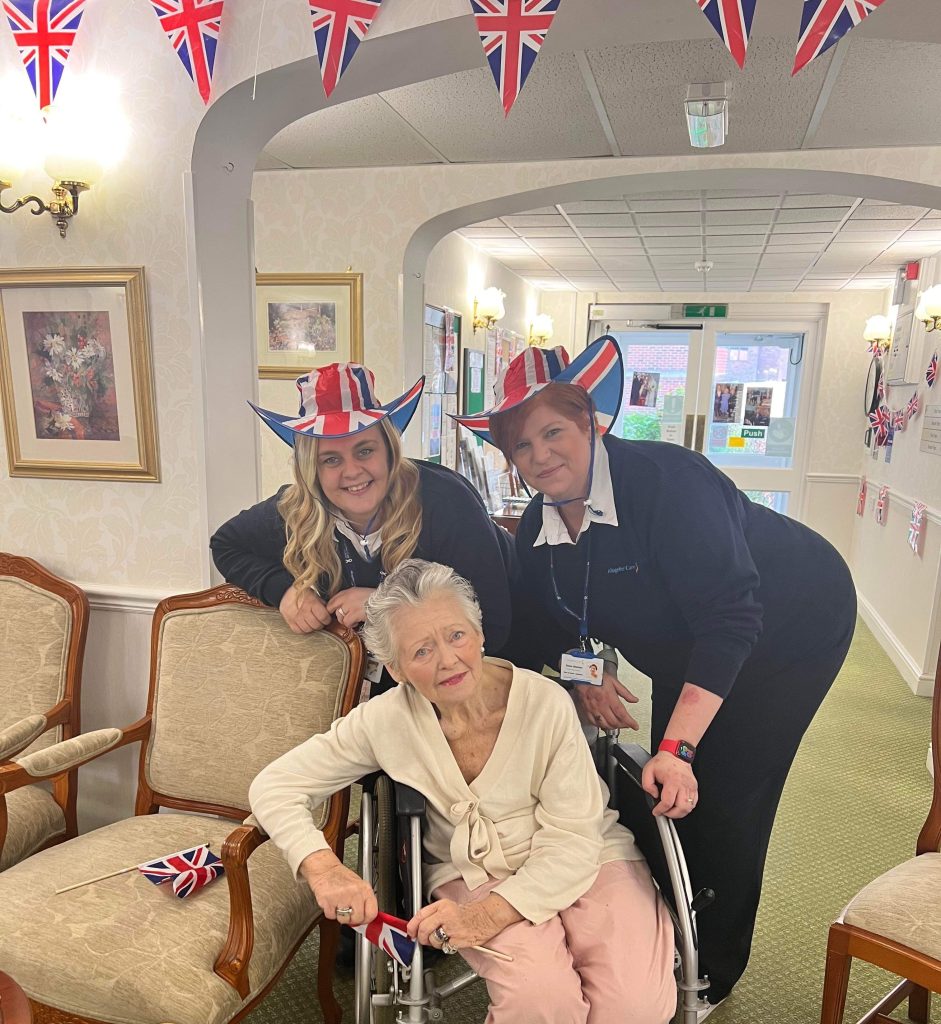



 Sherborne House
Sherborne House